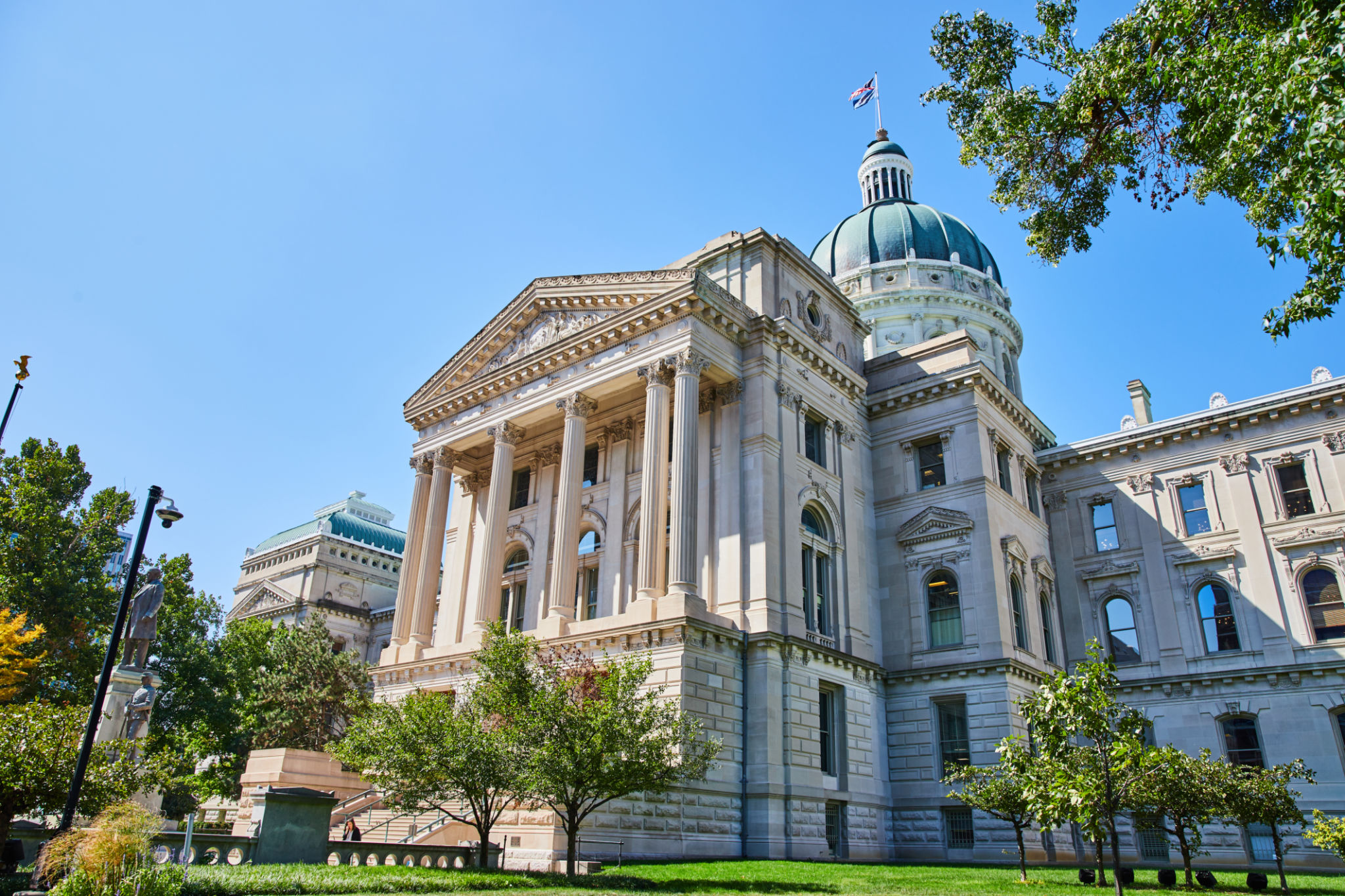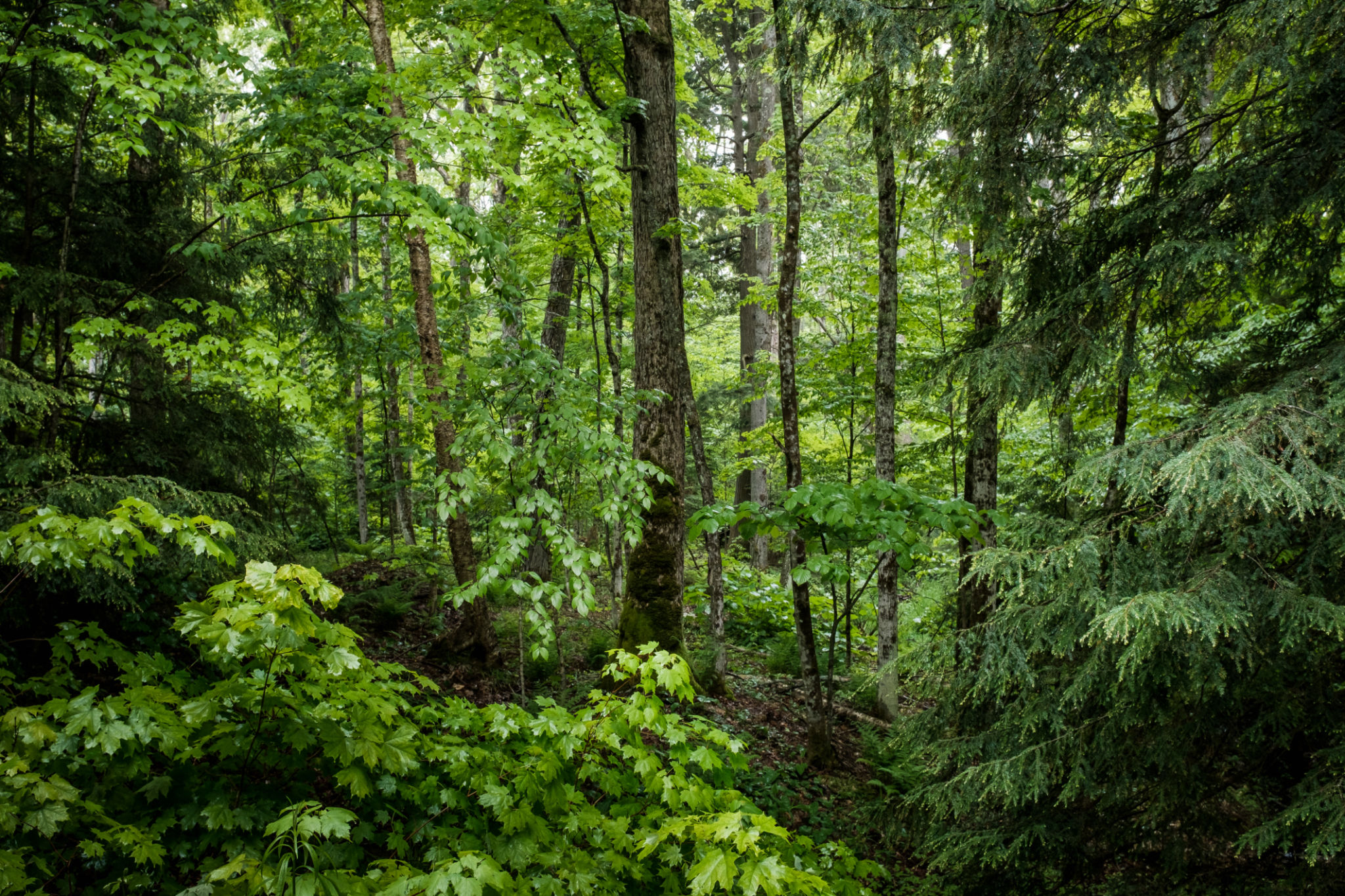Local Landscaping Laws and How They Affect Your Groundskeeping in Dayton, VA
Understanding local landscaping laws is crucial for anyone involved in groundskeeping in Dayton, VA. These regulations are designed to maintain community aesthetics, protect the environment, and ensure safety. If you're a homeowner, landscaper, or property manager, knowing these rules can help you avoid fines and create a beautiful, compliant landscape.
Dayton's landscaping laws cover a wide range of topics, from plant height restrictions to water conservation measures. These laws are in place to maintain the town's charm and prevent potential hazards. It's important to familiarize yourself with these regulations to ensure that your groundskeeping practices align with local requirements.

Plant Selection and Placement
When it comes to plant selection in Dayton, there are specific guidelines to follow. Choosing native plants is highly encouraged as they require less maintenance and water, making them environmentally friendly. Additionally, some non-native species might be restricted due to their invasive nature.
Placement of plants also plays a significant role in local landscaping laws. Trees and shrubs must not obstruct sidewalks or roadways, and there are specific setback requirements from property lines. Proper placement ensures safety and accessibility for both pedestrians and vehicles.

Water Conservation Practices
Water conservation is a key focus in Dayton's landscaping laws. With increasing awareness of environmental sustainability, the town promotes the use of efficient irrigation systems. Drip irrigation and rainwater collection systems are highly recommended to minimize water waste.
Additionally, residents are encouraged to schedule watering during cooler parts of the day to reduce evaporation. Implementing these practices not only helps the environment but can also reduce water bills significantly.

Regulations on Hardscaping
In addition to plant-related guidelines, Dayton has specific rules regarding hardscaping elements like patios, walkways, and retaining walls. These structures must be constructed with approved materials that complement the town's aesthetic standards.
Permits may be required for certain hardscaping projects, especially if they involve significant changes to the landscape. Consulting with local authorities before beginning any major projects is always a wise step to ensure compliance.
Fencing and Boundary Laws
Fencing is another aspect of landscaping that is regulated in Dayton. There are height restrictions and material guidelines that need to be followed. Fences must not obstruct visibility for drivers or pedestrians, and certain styles may be prohibited to maintain neighborhood harmony.
It's advisable to check boundary lines accurately before installing any fences to avoid disputes with neighbors. These measures help maintain good relationships within the community while ensuring everyone's safety and privacy.

Environmental Considerations
Dayton takes environmental protection seriously, and several laws are aimed at minimizing ecological impact. This includes rules against using harmful pesticides and fertilizers that can contaminate local water sources. Eco-friendly alternatives are strongly encouraged for safer groundskeeping.
The town also supports initiatives like composting and mulching to reduce waste and promote soil health. Adopting these practices contributes positively to the community's sustainability efforts.

